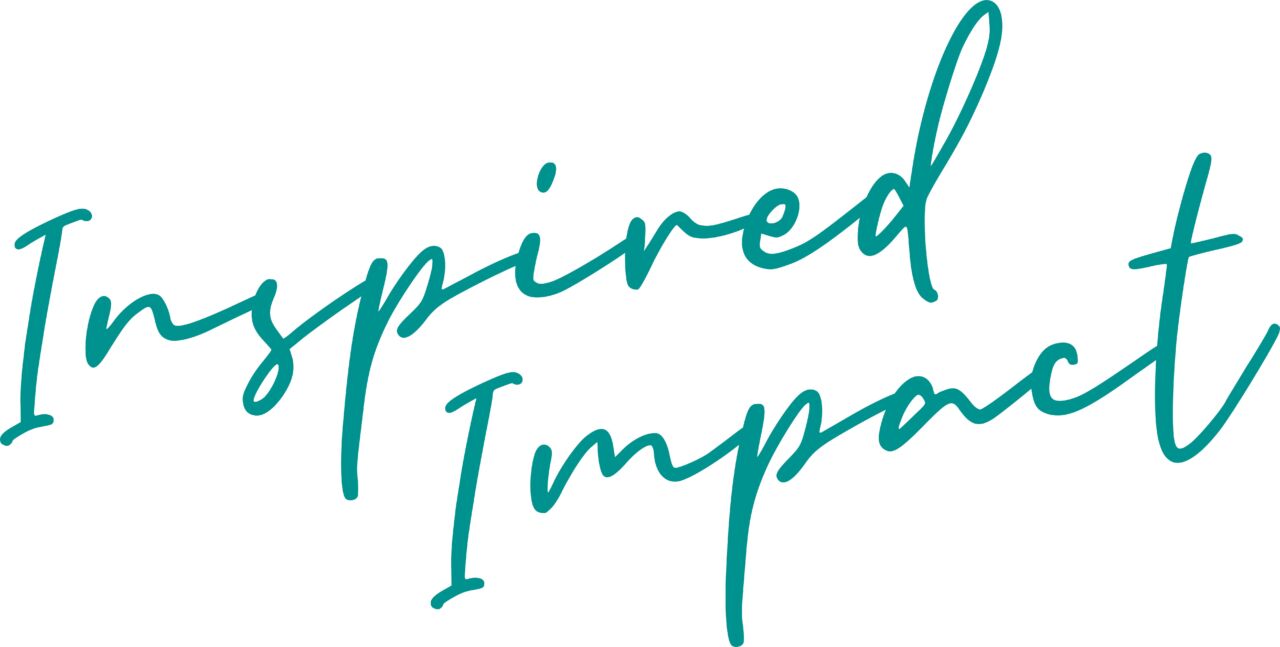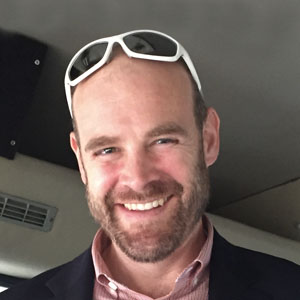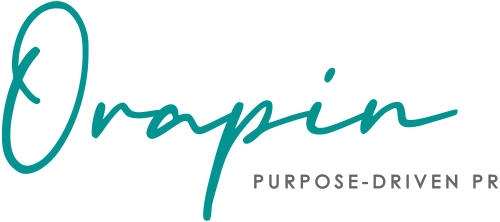
Interviews with purpose-driven leaders who are dedicated to helping others and making a positive impact in the world.
June 10, 2021
Jonathan Mueller | Ascend Behavior Partners

Jonathan Mueller is the Co-CEO, Founding Owner of Ascend Behavior Partners headquartered in Denver, CO. Follow them on Facebook, Instagram, LinkedIn, and learn more at ascendbehavior.com.
TELL US, WHO ARE YOU AND WHAT DO YOU DO?
My name is Jonathan Mueller. I’m a founding owner and co-CEO of Ascend Behavior Partners. We provide behavioral health treatment services for children with autism. Our mission is to partner with families with autism to build a strong foundation in early childhood, and beyond. We’re headquartered in Colorado but also provide services in Arizona and Texas.
HOW DID YOU GET HERE?
I was a consultant for a couple of years then was in Silicon Valley doing corporate strategy and selling supply chain software. After about six years, I realized I needed a different reason to get up in the morning. I took a sabbatical in Tanzania for almost nine months as a volunteer business development advisor. I worked with families that had lost their breadwinner to AIDS but who were looking to restart their businesses. It was such a humbling and extraordinary learning journey for me. I said, for the rest of my life I want to be able to give back. That spurred a change in my career trajectory. I had a nonprofit outdoor educational organization that I started in Reno, Nevada. Then 10 years ago I had an opportunity to work with a large national applied behavior analysis (ABA) provider. I was absolutely hooked when I learned that ABA was not only the gold standard of treatment for children with autism but that you can actually change someone’s behavior by reshaping their environment. My mind was blown and I decided that’s what I want to do for the rest of my career. Three and a half years ago, I started Ascend with two two founding co-partners to build the organization that we always wanted to be part of.

Jonathan Mueller is the Co-CEO, Founding Owner of Ascend Behavior Partners headquartered in Denver, CO. Follow them on Facebook, Instagram, LinkedIn, and learn more at ascendbehavior.com.
WHAT DO YOU STAND FOR? WHY IS THIS WORK IMPORTANT TO YOU?
I believe healthcare is a human right. I think that the quality of someone’s health care treatment should not be determined by socioeconomic status. We see so much income inequality and healthcare inequality in our country. I want to make sure every family gets access to that highest quality treatment. I’ve been so fortunate in my life that I feel it is my obligation and my duty to help address that inequality and make sure that these kinds of health care services are available for children and families living with autism. We have a rallying cry to say all families deserve that.
WHAT IMPACT ARE YOU MAKING?
At our heart, we’re helping families access the highest quality treatment services. Those services include diagnostic testing, in-home behavioral health treatment, and a variety of wraparound support services that families need. This may be everything from mental health counseling to family support groups. We’ve been actively listening for years to our families and their needs. They’ve told us it all comes down to this holistic approach to a family unit and providing all of those different supports that ultimately give the child and the family a shot at living the highest quality of life they can.
One easy way we measure success is through our accreditation. We are accredited to the Behavioral Health Center of Excellence. It’s the only national ABA accrediting body. The other way is to look at outcomes. We’re looking at everything from rate of learning, developmental progress, and parenting stress index. Parents go through, in our experience, a grieving process for the child that they thought they had when they get an autism diagnosis. It’s really important to make sure that we’re supporting families there. We also measure whether we’re addressing the core symptomatology of autism. We’re serving 85 kids across three states and we work with kids under age six because that’s just such an important time (90% of the brain develops before age five).
WHAT (OR WHO) INSPIRES YOU TO DO THIS WORK?
First and foremost, the families. It’s just extraordinarily humbling learning more about their journey, their challenges, and their successes. They’re my inspiration. Then my own parents, who were diplomats in the Foreign Service. They lived a life of service to their country, and so instilled in me from a young age that not only is service crucially important, but there’s a whole wide world out there. My wife is a lactation consultant. So she works with new moms, especially those who are having trouble with breastfeeding. Having three kids ourselves, there’s no more honorable service in my mind. I want this world to be the best place that it can be for them. And finally, we have about 140 employees at Ascend and we call ourselves a community of caregivers. I get inspiration from them every single day.
WHAT’S YOUR VISION, YOUR BIG DREAM FOR THE IMPACT YOU WANT TO MAKE?
The average age of autism diagnosis is four-and-a-half years old. We want to get that down to two years old. In addition to that, we’re trying to make sure that every family has access to the highest quality of treatment. We have aspirations to be the leading early intervention policy and care providers in the mountains and southwest, and we’ve got a clear path to try to get there by 2024.
WHAT CHALLENGES ARE YOU FACING?
Speaking specifically about autism diagnosis, our question is why does it take more than two years to get that diagnosis? One primary reason is provider shortages. Our country just doesn’t produce enough of the highly specialized providers that it takes like the developmental pediatricians and licensed psychologists who are equipped to do high-quality testing. There are certainly equity issues and a lot of barriers that families face, if they’re non-English speaking or if they just don’t have access to specialists and other doctors who can help. One other thing we observe is there’s just insufficient care coordination across complex populations. A child with autism can sometimes have multiple diagnoses and require other kinds of physical health care and other kinds of mental health care. It’s really important that those dots are connected across the different provider ecosystems. Right now, they’re not as good as they can be.
WHAT’S ONE THING YOU WANT PEOPLE TO KNOW ABOUT YOUR CAUSE AND/OR THE WORK YOU’RE DOING?
Autism is a gift. It’s not the traditional kind of gift, like being great at baseball, or great in certain academic subjects, but it is a gift. And that it is crucially important to identify as soon as possible. We want to make sure that if there are concerns for autism, that a kiddo and their family can rapidly access a specialist who can help them better understand their child and answer their questions. We want to get them the right kinds of support individualized to the family to help the child and the family with their highest quality of life.
DO YOU HAVE A FAVORITE QUOTE OR WORDS OF INSPIRATION TO SHARE?
I am a huge baseball fan. I think Jackie Robinson is one of the greatest human beings who ever lived. My favorite quote of his is, “A life is not important except in the impact it has on other lives.”
HOW CAN OTHERS SUPPORT YOU OR YOUR CAUSE?
Please call your legislator and tell them it’s unacceptable that parents have to wait two years to get an autism evaluation. It has to change. I think creating more community awareness about early access to evaluation and subsequent intervention is absolutely critical. I’d also say for those young parents out there, even if you’re a parent of a typically developing child when you go for an 18-month or 24-month pediatric appointment, ask if they’re using universal screeners to help identify concerns for autism. Finally, follow Ascend Behavior Partners and follow me on LinkedIn. We share a whole variety of different content that’s meant to raise awareness for what we’re trying to do.
At Orapin, we believe those who are working for the greater good should be known, supported, and celebrated. We give purpose-driven companies the resources and support they need to increase awareness of their work and bring more attention to their cause so they can expand their impact. If you would like to be featured in INSPIRED IMPACT™, reach out to hello@orapinmarketing.com.

